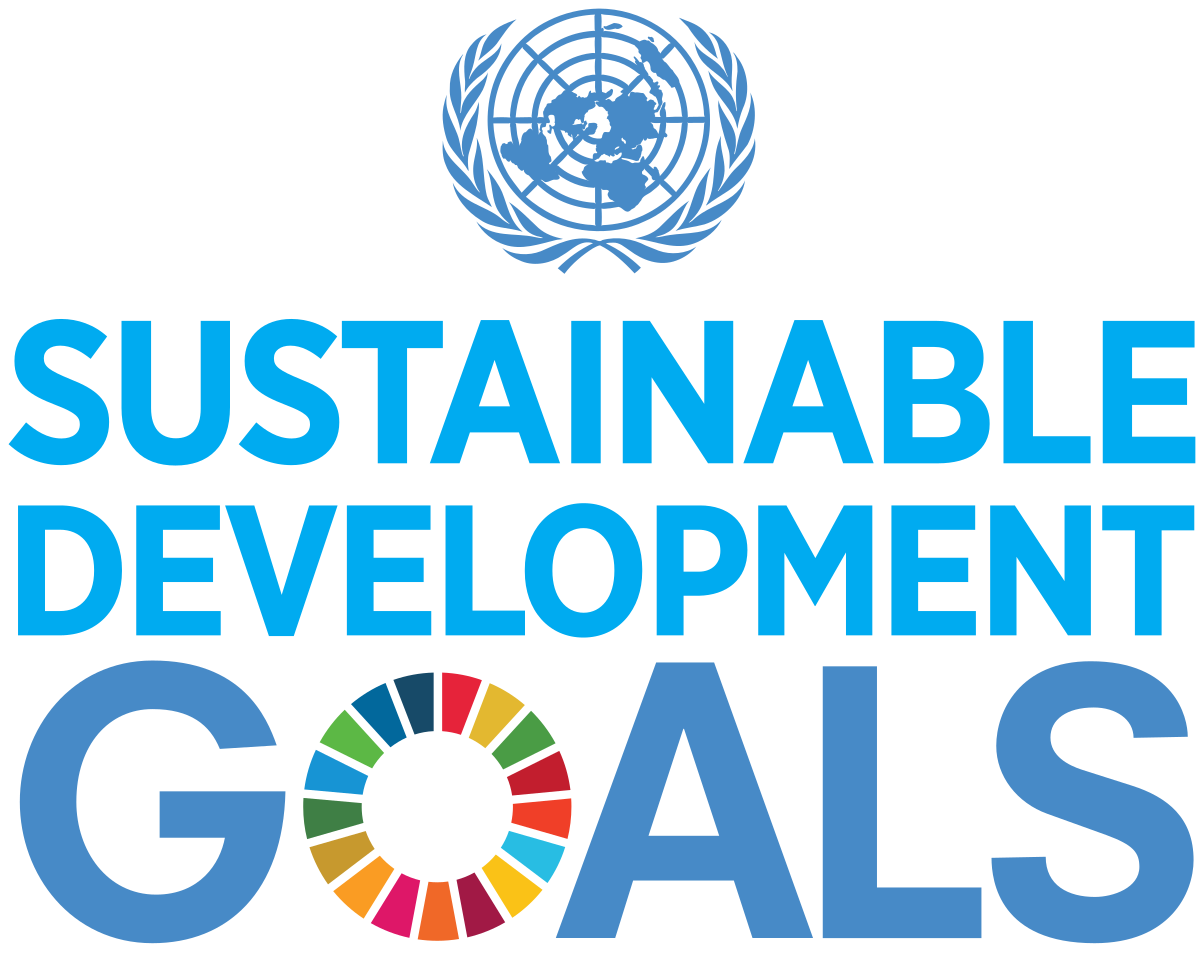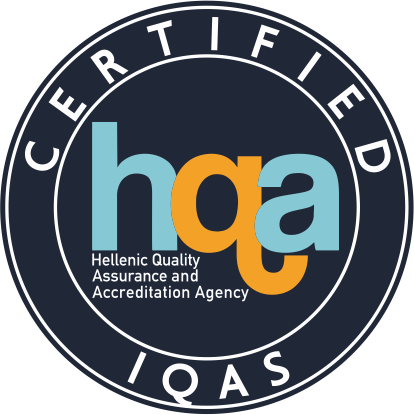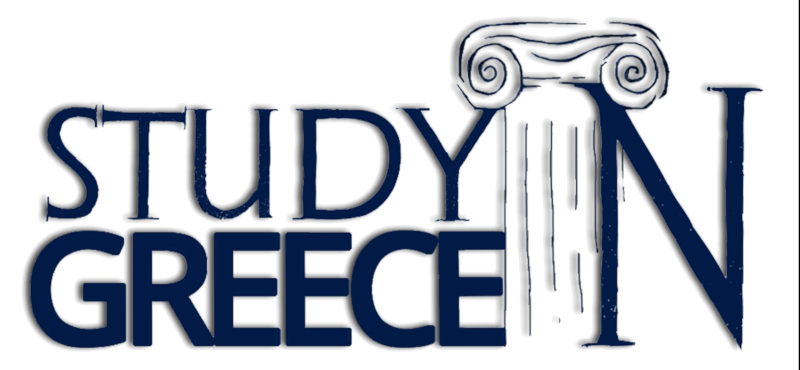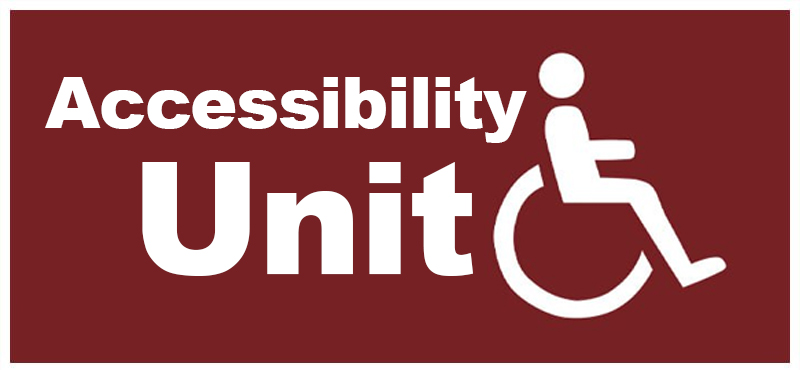
1. Community volunteering “AUEB Volunteers”: we volunteered on several opportunities to support the efforts of NGOs and the University in order to achieve their goals and their impact in society.
2. CSR Hellas: Since 2012, AUEB has signed a memorandum of cooperation with the "Hellenic Network for Corporate Social Responsibility (CSR Hellas)" with the aim of cooperation and exchange of knowledge and experience between the business world and the AUEB academic community on social responsibility issues. In this context of cooperation, executives of "CSR Hellas" make presentations and seminars to the students and participate in research programs undertaken by faculty members of AUEB.
3. “Principles for Responsible Management Education (PRME)”: since February 2013, AUEB participates in the initiative "Principles for Responsible Management Education (PRME)". PRME is aimed at Business Schools and Universities that want to gradually adapt their curricula, research, teaching methodologies and strategies, based on corporate responsibility and sustainability (CSR).
4. Children's Hospital: in the context of humanitarian events, AUEB organizes in collaboration with the Athens Children's Hospital Panagioti & Aglaias Kyriakou, voluntary blood donations at the University.
5. Hellenic Petroleum: AUEB and Hellenic Petroleum (ELPE) signed a memorandum of cooperation, lasting three years (2018-2021), in areas of common educational and scientific interest based on Excellence, while special emphasis will be given to the Organization and Management of Energy and Sustainable Development. AUEB and ELPE will take initiatives to achieve the following actions: a) The joint organization of events, b) The joint design of proposals for research programs and projects funded by national and European resources, c) The exchange of know-how for strengthening the extroversion of Greek companies and the promotion of entrepreneurship and innovation in MBA students, d) The design and implementation of specialized "lifelong learning" programs for ELPE executives who are taught by MBA professors.
6. Global Sustain: "MSc MBA International" is a member of "Global Sustain". Founded in 2006, Global Sustain offers innovative services related to sustainability, corporate responsibility, green economy, responsible investment, business ethics and excellence, transparency, human rights and accountability. The "MSc MBA International" participates in the events, is informed and informs about social responsibility actions and supports the initiatives of "Global Sustain".
7. "Ekaterini Laskaridis Public Benefit Foundation (ACLCF)": AUEB has signed a memorandum of cooperation with the Public Benefit Foundation "Ekaterini Laskaridis (ACLCF)", from the academic year 2018-19, in order for the University to participate in the "Cooperation Network for the Marine Environment". AUEB and the Public Benefit Foundation "Aikaterini Laskaridis (ACLCF)" jointly develop activities and collaborations with the other members of the Network for the protection of the sea, with reference center in Greece and the Mediterranean (shoreline cleaning, Blue Economy, disposable plastics and institutional change and lobbying). AUEB participates in the Network through the "Research Laboratory in Socio-Economic and Environmental Sustainability (ReSEES)".
8. EIT Climate-KIC Hub Greece: the "Socio-Economic and Environmental Sustainability Research Laboratory (ReSEES)" of AUEB is a member of the network "EIT Climate-KIC Hub Greece" since 2018. The EIT program accelerates climate innovation across Europe. The newly established unit "EIT Climate KIC Greece Hub" is coordinated by Professor, Mrs. Koundouri Phoebe, and consists of a consortium of various organizations in Greece. The "EIT Climate KIC Hub" brings to the surface the potential of Greece for innovative solutions in "CleanTech", "WaterTech", the economy and the financing of innovative projects.
9. Sustainable Development Solutions Network: the “United Nations Network for Sustainable Development (UN SDSN)” mobilizes the global scientific community to promote practical solutions for sustainable development. The "Research Laboratory in Socio-Economic and Environmental Sustainability (ReSEES)" of AUEB is officially a member of the network since 2019. The Greek network "SDSN-Greece", collaborates with United Nations organizations and private sector companies to achieve the goals sustainable development (SDGs).
10. Collaborations with Association "DIAZOMA" and Athens School of Fine Arts: AUEB cooperates with "DIAZOMA"., with the aim to support of voluntary educational actions in the field of holistic cultural management of monuments for their sustainable development and utilization in education. This cooperation is also subject to Objective 11. In addition, AUEB collaborates with the Athens School of Fine Arts, with the main goal of connecting art with education
11. Media awareness: through AUEB’s newspaper “OPAnews” as well as several press releases we raised awareness on the topic of partnerships for the SDG goals, through interviews, scientific articles written by our faculty members as well as communicated our seminars and events.























